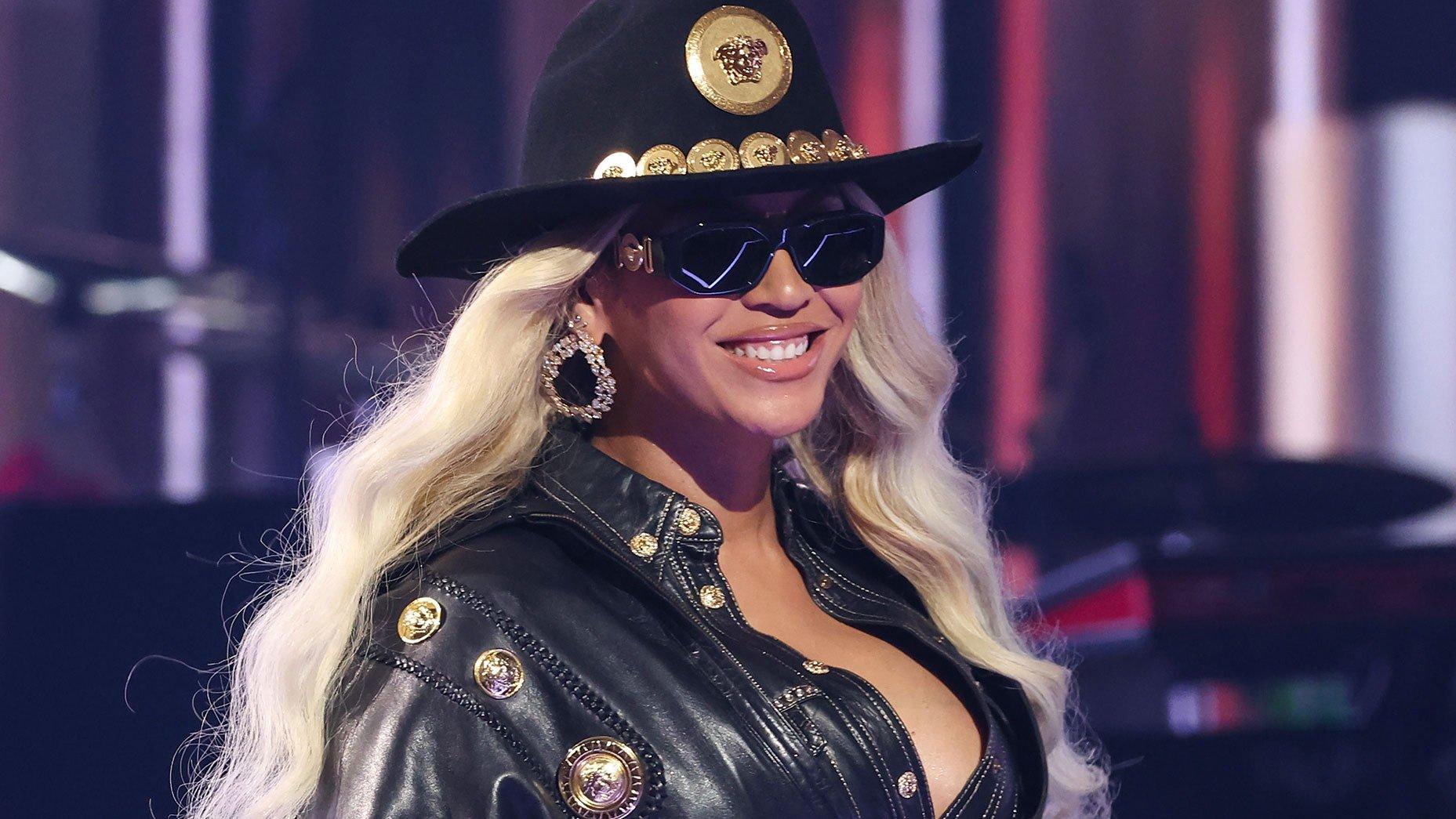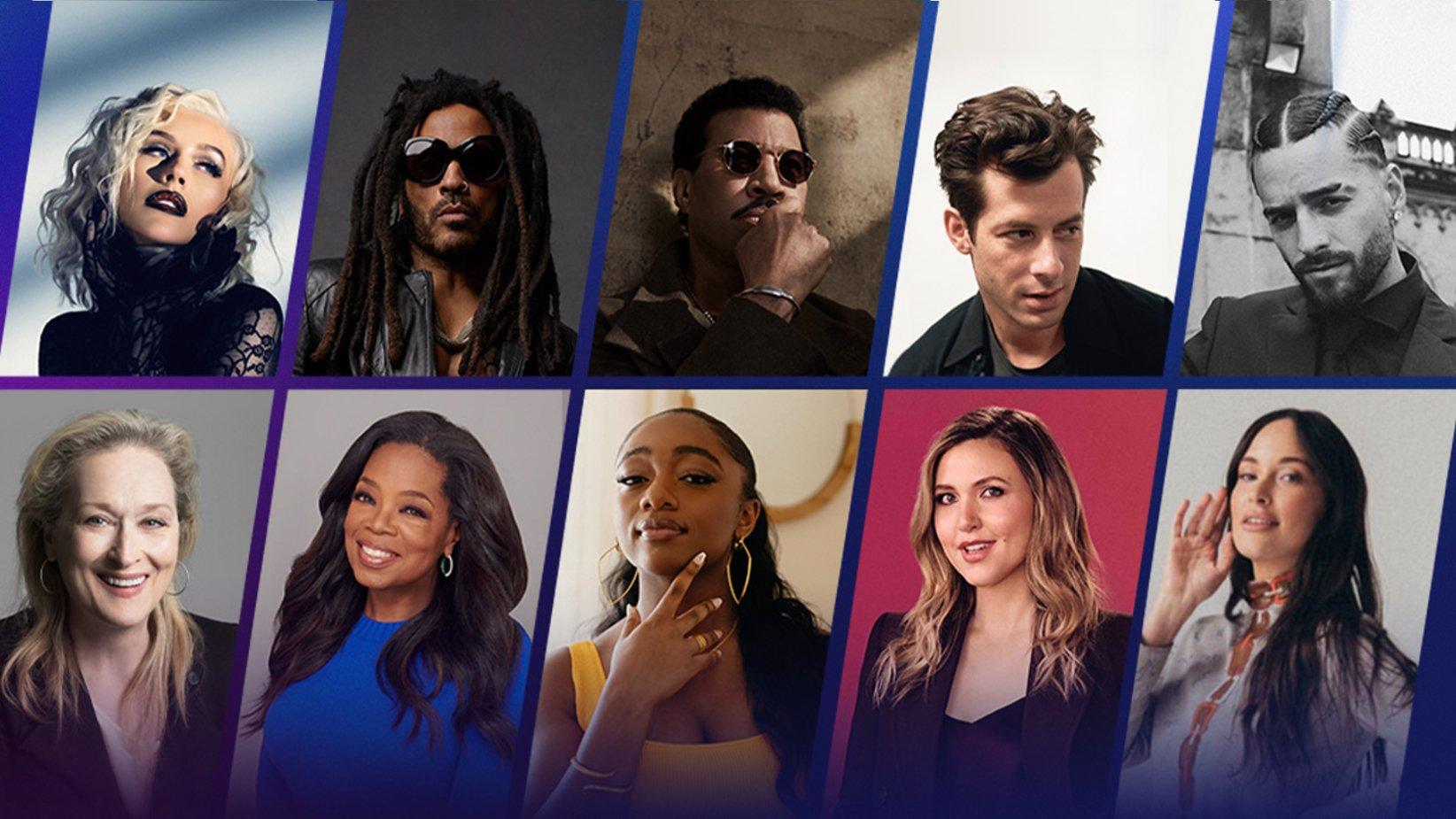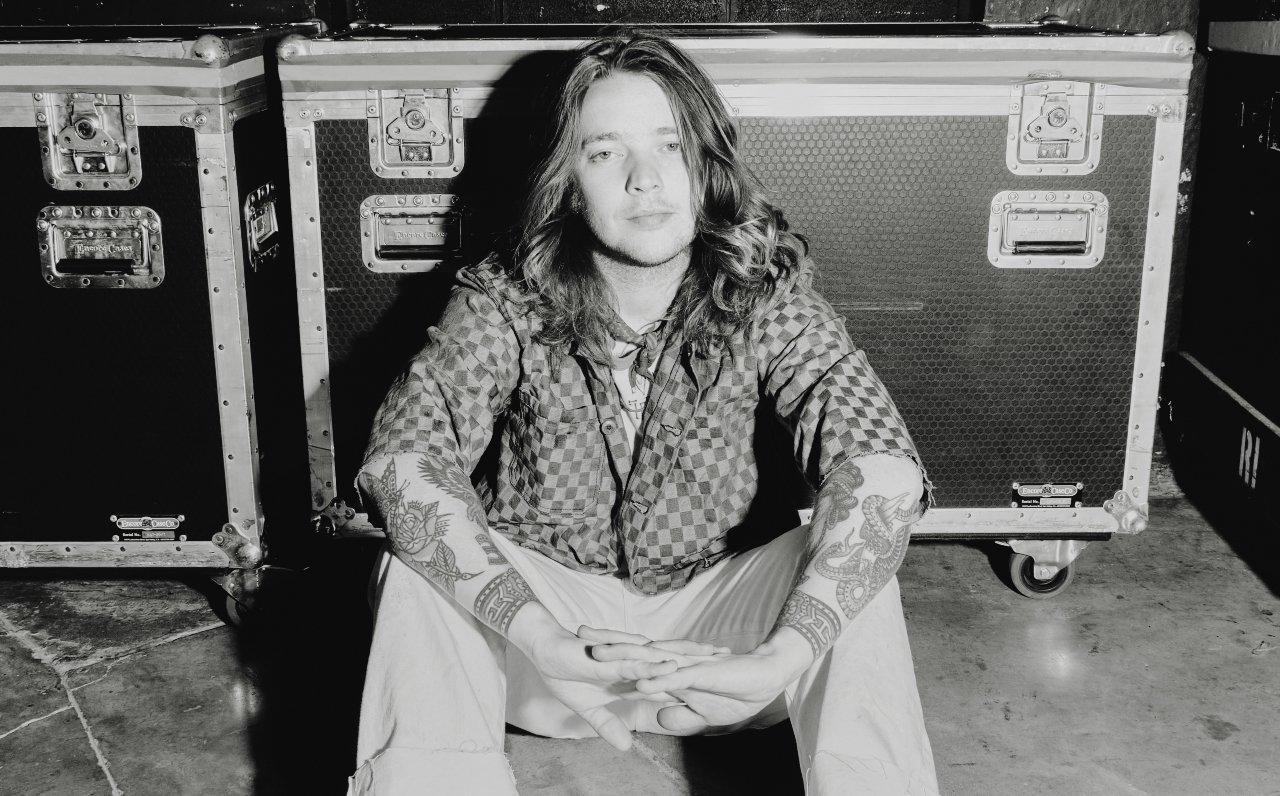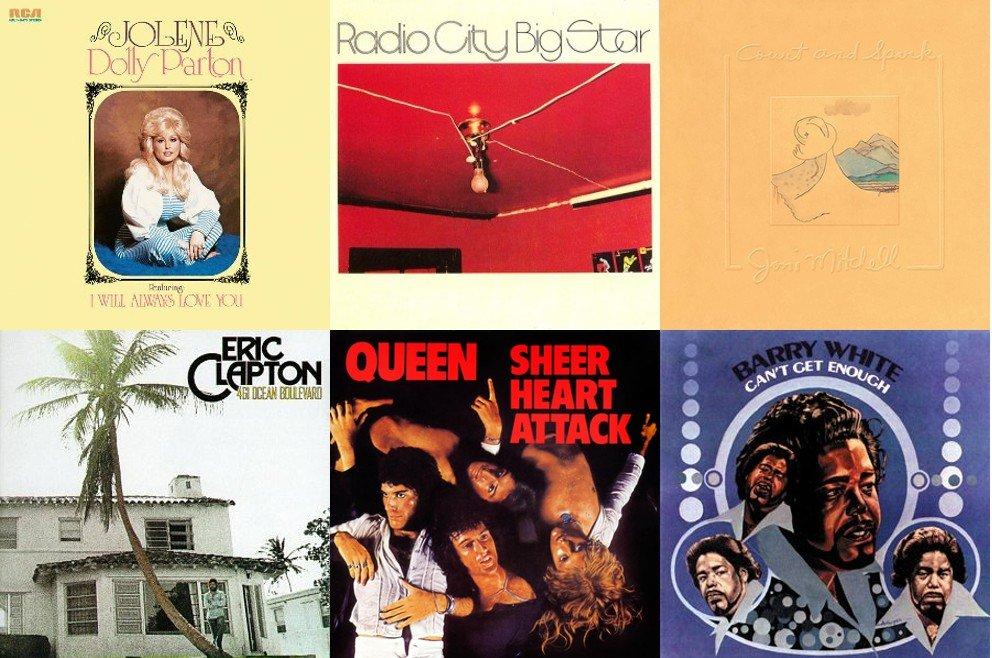(For a complete list of 53rd GRAMMY Awards nominees, click here.)
(On Feb. 10 the GRAMMY Museum will host Mississippi Music Celebration At The GRAMMY Museum in honor of the state's unparalleled legacy and historical roots in blues, country, gospel, soul, and rock and roll music.)
From a legendary crossroad near the grounds of the Dockery Plantation to the birth of a King in Tupelo, the state of Mississippi is a big piece of the history of American popular music.
On Feb. 10 Los Angeles will be home to Mississippi Music Celebration At The GRAMMY Museum, a GRAMMY Week program honoring the state's role in establishing Delta blues and rock and roll, as well as its country, gospel, and soul roots. Appropriately, a long list of legendary Mississippians have been feted through the years with GRAMMYs and GRAMMY Hall Of Fame and Special Merit Awards honors, including Bo Diddley, Willie Dixon, John Lee Hooker, Howlin' Wolf, Robert Johnson, Elvis Presley, Ike Turner, and Muddy Waters, among others.
Of course, the Magnolia State is but one hotbed of melody representing the United States of music. Many states have their own unique auditory tales not only ripe with legends and heritage, but with plenty of fresh artists who continue to proudly wave their respective musical flags.
This latter point is cemented upon review of this year's GRAMMY nominees roster, and one can only imagine where the upcoming celebrations will be centered come the conclusion of the 53rd Annual GRAMMY Awards this Sunday.
Maybe it'll be Tennessee, or, more specifically, Music Row in Nashville, the home of country music. Headliners in the Country Field up for GRAMMY gold this year include the likes of Lady Antebellum, Dierks Bentley, Miranda Lambert, Carrie Underwood, and Zac Brown Band, among others. And as a testament to the state's legacy and diversity, country sweetheart Dolly Parton is among the 2011 recipients of The Recording Academy's Lifetime Achievement Award; and the Queen of Soul, Memphis-born Aretha Franklin, will be honored with a special musical tribute on the GRAMMY telecast featuring Christina Aguilera, Jennifer Hudson and Martina McBride, among others.
Or New York, where the roots in jazz and punk run deep but have given way to hip-hop and indie rock, signaling a diversity in musical talent as broad as the five boroughs of the Big Apple. Representing the hip-hop faction is 10-time GRAMMY winner Jay-Z, who is up for six more awards this year, including Record Of The Year for "Empire State Of Mind" with fellow New Yorker Alicia Keys. Other New York-area artists among this year's GRAMMY nominees include Vampire Weekend, the upstart indie unit nominated for Best Alternative Music Album, and the ubiquitous Lady Gaga, who is vying for her third statue. Out of her six nominations, The Fame Monster is up for Album Of The Year and "Telephone" featuring Beyoncé is up for Best Pop Collaboration With Vocals.
And what about the Pacific Northwest? Alice In Chains, Nirvana, Pearl Jam, and Soundgarden typified the Seattle-based grunge rock sound that dominated rock radio throughout the early part of the '90s, and influenced many newer harder-edged bands. Not surprisingly, comeback efforts by Soundgarden ("Black Rain") and Alice In Chains ("A Looking In View") were rewarded with GRAMMY nominations in the Best Hard Rock Performance category. And Pearl Jam continued its reputation as one of the hardest-working and most successful acts in the industry, garnering a Best Rock Album nomination for Backspacer. Former Nirvana drummer Dave Grohl is back in the running with his new project Them Crooked Vultures, garnering a nomination in the Best Hard Rock Performance category for "New Fang."
Moving south, the history of California is glittered with a diverse palette of sounds from sunny pop (the Beach Boys) to country rock (Eagles) and hip-hop (Dr. Dre). Santa Barbara, Calif.-native Katy Perry's "California Gurls" became the infectious convertible top-down song of the summer, and helped pave the way to four GRAMMY nominations. A fixture on the '90s West Coast hip-hop scene, Snoop Dogg garnered two nods by way of his collaboration with Perry on "California Gurls." With three GRAMMY wins already in their collective pockets, L.A.-based rock band Maroon 5 is up for Best Pop Performance By A Duo Or Group With Vocals for "Misery." And Train, who initially got on the tracks in San Francisco, received a nod in the same category for their hit "Hey, Soul Sister (Live)."
On the highway back down South, when thinking of Georgia it's hard not to have Ray Charles on your mind. Charles scored an impressive 17 GRAMMY wins in his career and nine of his recordings have been inducted into the GRAMMY Hall Of Fame. Georgians received their fair share of recognition this year as well. Born in Decatur, Ga., B.o.B was just a teenager when he scored his first record deal, and now he is up for five GRAMMY Awards, including Record Of The Year and Best Rap Song for "Nothin' On You," his collaboration with Hawaii-native Bruno Mars. Atlantan Cee Lo Green, who struck GRAMMY gold with Gnarls Barkley in 2006, is nominated for four awards courtesy of his expletively fun sing-along "F*** You." The song, which is ripe with doo-wop, soul and funk influences, is nominated for two of the highest-profile awards: Record and Song Of The Year. Though born in Kansas City, Kan., newcomer R&B artist Janelle Monáe moved to Atlanta in 2004, receiving a career break when she met Big Boi from OutKast. It proved to be the right move, as Monáe is up for two awards, including Best Contemporary R&B Album for The ArchAndroid. Moving into the second decade of his career, three-time GRAMMY-winning rapper T.I. (once dubbed the "Jay-Z of the South" by Pharrell Williams) is up for two awards, including Best Rap Solo Performance for "I'm Back."
Heading up north, the Motor City is as rich a musical center as there has ever been just on the strength of Motown Records alone. Berry Gordy's label spawned artists ranging from Diana Ross and Marvin Gaye to Michael Jackson and created a sound that has become a city landmark. And though the Super Bowl was held in the home stadium of the Dallas Cowboys, Detroit was hot during the big game thanks to a dramatic Chrysler commercial starring today's hottest Motor City export Eminem, who leads this year's pack of nominees with 10, including Record, Album and Song Of The Year.
And a little further up north, let's not forget another vital part of North America, our friends in Canada. This great neighbor has given us GRAMMY winners such as Joni Mitchell and Neil Young, and this year offers two hot Best New Artist GRAMMY nominees in Justin Bieber and Drake.
Should one seek a crash course in genre-based study, the GRAMMY Museum's Crossroads exhibit is the perfect educational tool. Crossroads explores nearly 160 genres of music, allowing visitors to put their ears to the pulses of the locales that spawned the sounds. Through photos, songs and stories that describe the music and its impact, visitors can connect with the artists behind the songs — even if they've never felt the heat and humidity of a summer in Clarksville, Miss.
For those unable to make it out to the Museum, you can join the geographic fun by creating your own musical map via the GRAMMYs new app, MusicMapper. The app allows users the ability to tag songs and stories in locations associated with personal musical memories, and share their journeys with fellow users.
State boundaries aside, come GRAMMY Sunday viewers will be treated to the diverse melting pot of artists making up the United States of music, from sea to shining sea.
(Matt Sycamore is a Pacific Northwest-based freelance music writer.)




